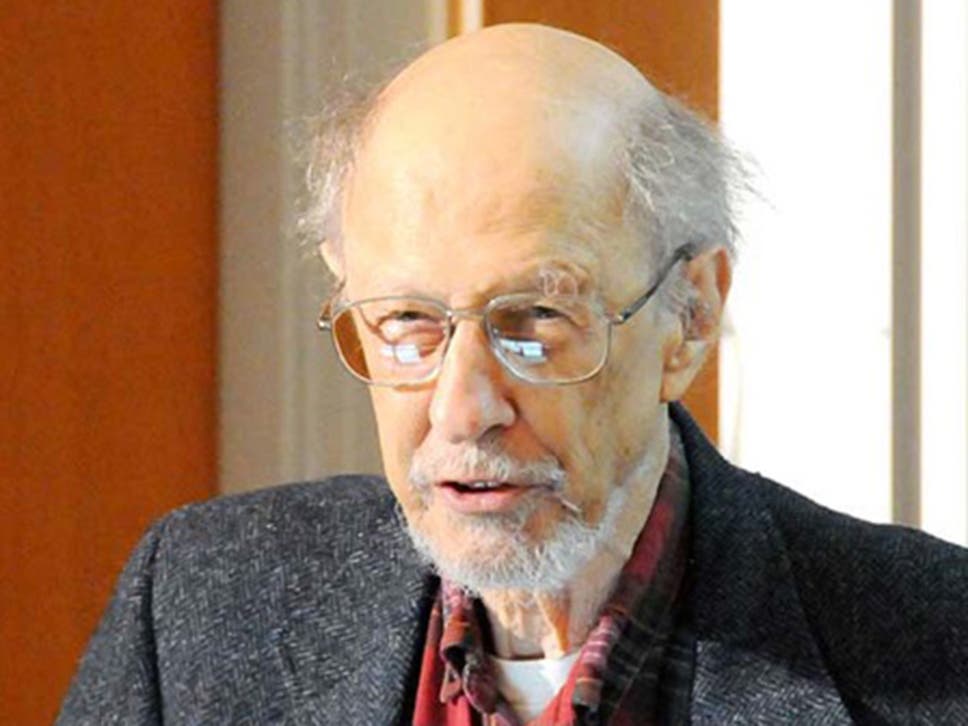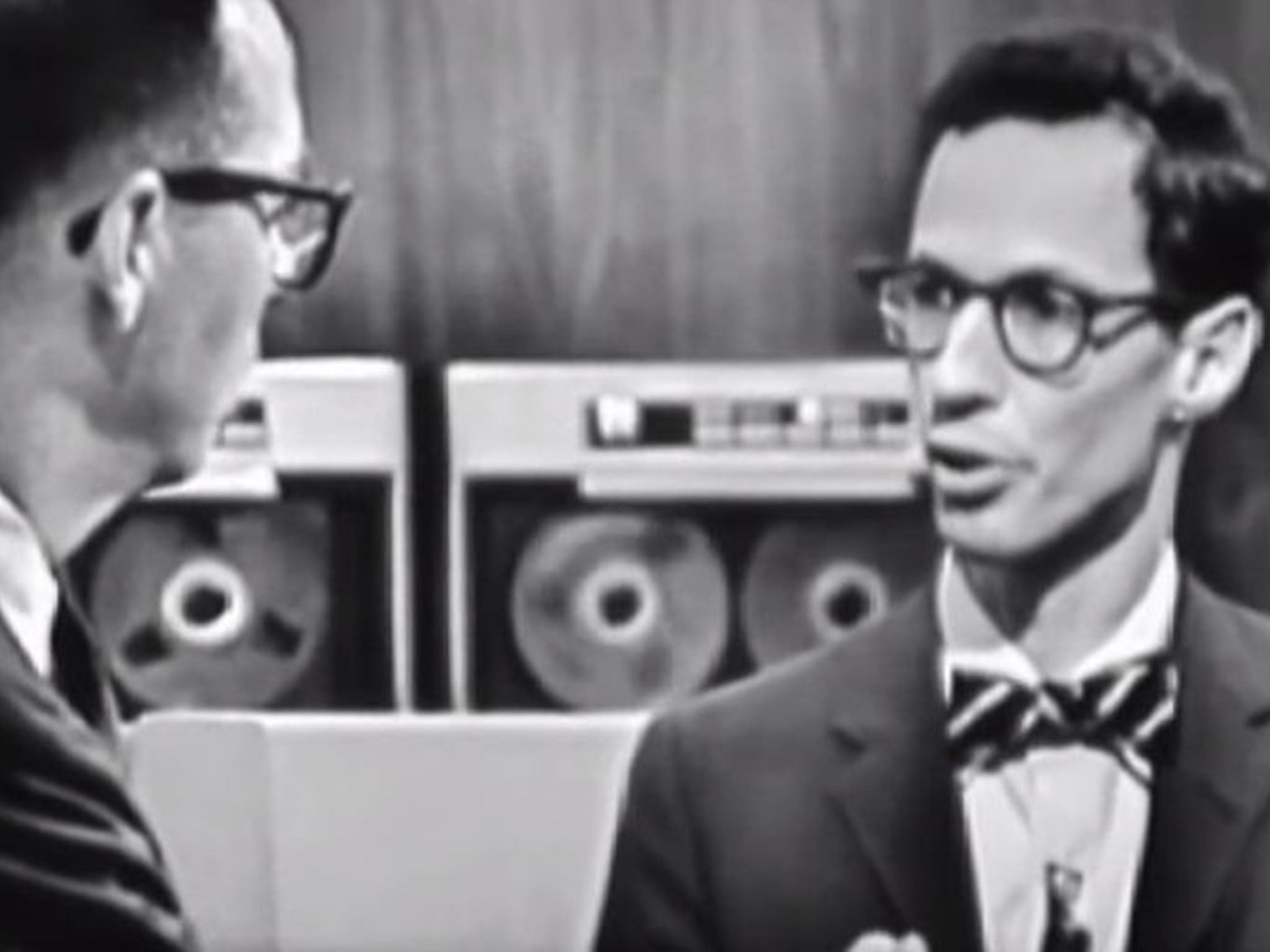Fernando Corbato: Scientist who fostered the digital revolution and the computer
Source: Computer History Museum
 Fernando Corbato’s achievements in computer science have had a huge impact on daily life. His work drastically expanded the usefulness of the computer and put its benefits at the reach of all. But he also made his mark on the modern world by conceiving and applying the idea of controlling computer access by passwords.
Fernando Corbato’s achievements in computer science have had a huge impact on daily life. His work drastically expanded the usefulness of the computer and put its benefits at the reach of all. But he also made his mark on the modern world by conceiving and applying the idea of controlling computer access by passwords.
Corbato, who has died aged 93, was a professor emeritus at the Massachusetts Institute of Technology, where he was interested in the problem of increasing access to computers while protecting individual privacy and data. Passwords seemed to be the solution, and he found himself drawn to the discipline that would become known as computer science.
He entered the new arena in its early days, when the slide rule or the mechanical calculator were mainstays of computation. In 1956, when Corbato began at the MIT Computation Centre, machines and their operations were characterised by such items as vacuum tubes, paper tape and stacks of the infamous punch cards – the last giving rise to the slogan, “Do not fold, spindle or mutilate.”
The machines were big, bulky and relatively few in number. Those wishing to exploit the advantage of computers required great patience. They could expect to queue up for the prized opportunity to run programs on them in so-called batch operations one after the other. Corbato was credited with a major role in the introduction of time-sharing, which permits multiple access to the same device.
Others were said to have also conceived the idea of time-sharing, but Corbato was described as having the vision and the persistence to see it through. In that, he paved the way for the modern age of computer use.
At MIT in 1961, Corbato and two colleagues, Robert Daley and Marjorie Merwin-Daggett, built the initial version of the Compatible Time-Sharing System (CTSS). It was demonstrated that November. By 1963, an improved version of Corbato’s CTSS went into daily operation at MIT. It was followed by the introduction of another time-shared system: Multiplexed Information and Computing Service (Multics), a prototype of a “computer utility” that provides computing and storage service to a large user community. In addition, Corbato, who remained affiliated with the Computation Centre until 1966, was credited with the groundwork for a third system, known as Unix.
The Association for Computing Machinery presented Corbato with the 1990 Alan M Turing award “for his work in organising the concepts and leading the development of the general purpose large-scale time-sharing system and resource-sharing computer systems CTSS and Multics”.
Fernando Jose Corbato was born in Oakland, California, in 1926. At the time, his parents were graduate students at the University of California in adjacent Berkeley. As a boy, he moved to southern California when his father became a professor of Spanish literature at the University of California at Los Angeles.

Corbato was a professor emeritus at the Massachusetts Institute of Technology (Computer History Museum/YouTube)
Corbato enlisted at 17 in the navy, becoming an electronics technician working on radar and sonar systems during the Second World War. Afterwards, he enrolled in the California Institute of Technology and received a bachelor’s degree in physics in 1950. Continuing his physics education at MIT, he obtained a doctorate in 1956 and advanced to professor on the faculty. He was a former associate department head for computer science and engineering. He retired in 1996.
As seen through a speech he gave on receiving the 1990 Turing award, Corbato was a wry and good-natured man. He titled his lecture “On Building Systems That Will Fail”, which would have seemed prescient to many users of the computers of that day. In building what he called “ambitious systems”, those for which designers had high hopes, he said, the question for designers to ask was not what to do “if something will go wrong” but rather how to respond “when it will go wrong”.
His first wife, computer programmer Isabel Blandford, died in 1973. He is survived by his second wife Emily Gluck, whom he married in 1975, two children and two stepchildren.
Fernando Corbato, computer scientist, born 1 July 1926, died 12 July 2019
| }
|